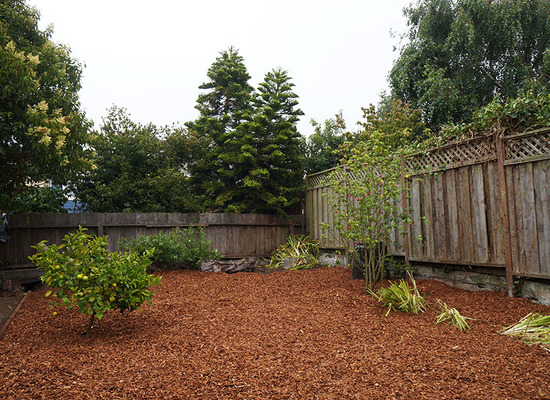Mulching Matters: The Benefits

Mulching is often regarded as a simple landscaping task, but it's a practice that offers numerous benefits and can significantly enhance the health and appearance of your garden. In this article, we'll delve into the world of mulching, exploring its many advantages and sharing best practices to help you make the most of this essential gardening technique.
Benefits of Mulching
Moisture Retention: One of the primary benefits of mulch is its ability to retain soil moisture. By acting as a barrier between the soil and the air, mulch slows down the evaporation process, ensuring that your plants receive a steady supply of water. This is especially crucial during dry spells.
Weed Suppression: Mulch creates a physical barrier that prevents weed seeds from reaching the soil and germinating. Fewer weeds mean less competition for nutrients and a more aesthetically pleasing garden.
Temperature Regulation: Mulch acts as an insulator, helping to maintain a consistent soil temperature. In hot summer months, it keeps the soil cooler, while in the winter, it provides some protection against freezing temperatures.
Soil Erosion Control: Mulch helps to prevent soil erosion caused by heavy rainfall or wind. It keeps the topsoil in place, protecting your plants' delicate roots.
Improved Soil Structure: Over time, organic mulches break down and enrich the soil with valuable nutrients. This leads to healthier plants with more robust root systems.
Conclusion - Mulching is not only aesthetically pleasing but also a practical and valuable addition to your gardening routine. By understanding the benefits and following best practices for mulching, you can create a healthier, more resilient garden that thrives throughout the year. So, remember, when it comes to gardening, mulching truly does matter.